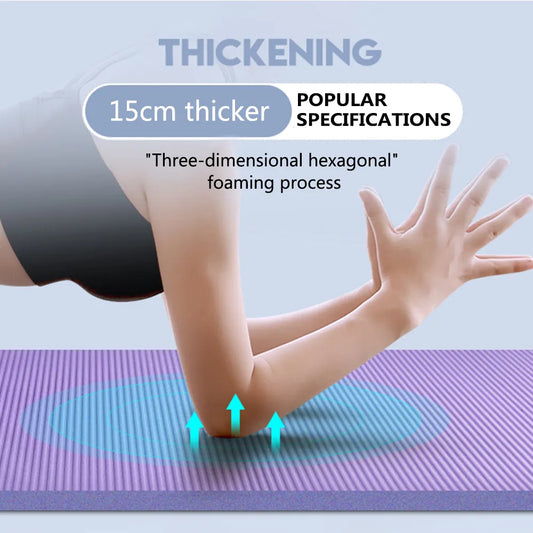Yoga has been shown to have a positive impact on cognitive functions, including attention, memory, processing speed, and executive function. Here are some ways in which yoga can benefit cognitive function:
-
Improved Attention and Concentration: Regular practice of yoga has been associated with improved attention and concentration. Mindfulness practices incorporated into yoga, such as breath awareness and focused attention on movement, can help train the mind to sustain attention and reduce distractibility.
-
Enhanced Memory: Yoga practice may enhance memory function by reducing stress, improving blood flow to the brain, and promoting neuroplasticity—the brain's ability to adapt and reorganize neural pathways. Certain yoga poses and practices, such as inversions and balancing poses, can also stimulate circulation and oxygenation of the brain, supporting memory function.
-
Increased Processing Speed: Yoga practice has been linked to improved processing speed, or the ability to quickly and efficiently process information. Engaging in yoga asanas (poses) that involve coordination and balance can help strengthen neural connections and improve processing speed by challenging the brain to integrate sensory information and execute motor commands.
-
Enhanced Executive Function: Executive function refers to a set of cognitive processes involved in planning, organizing, problem-solving, and decision-making. Yoga practice has been shown to enhance executive function by promoting greater self-awareness, emotional regulation, and impulse control. Mindfulness practices such as meditation and breath awareness can also help improve cognitive flexibility and decision-making skills.
-
Reduced Stress and Anxiety: Chronic stress and anxiety can impair cognitive function, including memory, attention, and decision-making. Yoga practices such as deep breathing, relaxation techniques, and mindful movement can help reduce stress and anxiety by activating the body's relaxation response, lowering cortisol levels, and promoting a sense of calm and well-being.
-
Promotion of Neuroplasticity: Yoga practice has been shown to promote neuroplasticity—the brain's ability to adapt and rewire itself in response to experience. By engaging in mindful movement, breath awareness, and meditation, yoga stimulates the growth of new neural connections, strengthens existing ones, and enhances overall brain health and function.
-
Maintenance of Brain Health: Regular yoga practice may help maintain brain health and cognitive function as individuals age. Studies have shown that yoga practitioners have greater gray matter volume in brain regions associated with memory, attention, and emotional regulation compared to non-practitioners. Yoga may also help reduce the risk of age-related cognitive decline and neurodegenerative diseases such as Alzheimer's disease.
Overall, yoga offers a holistic approach to enhancing cognitive function by integrating physical movement, breath awareness, mindfulness, and relaxation techniques. By incorporating yoga into your routine, you can support brain health, improve cognitive performance, and enhance overall well-being at any age.




















